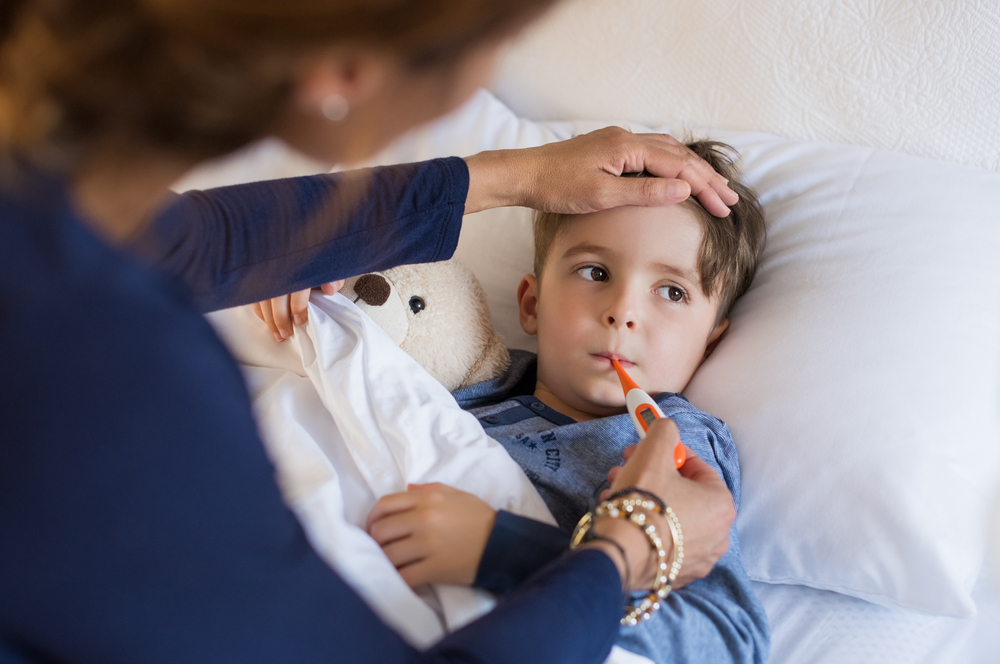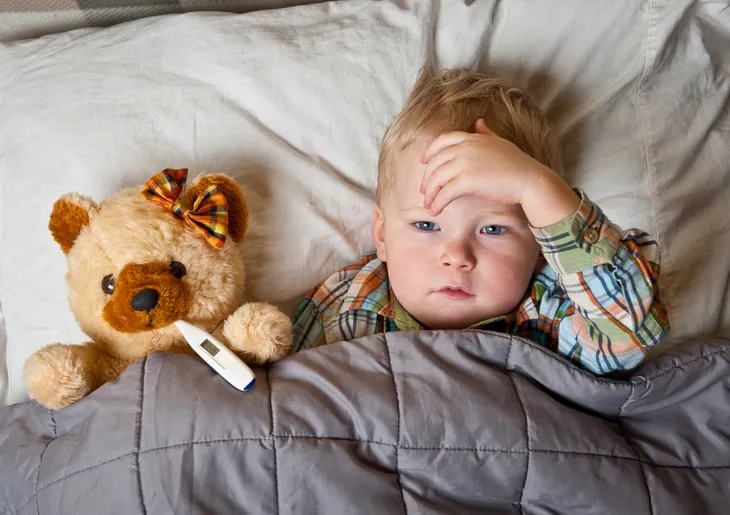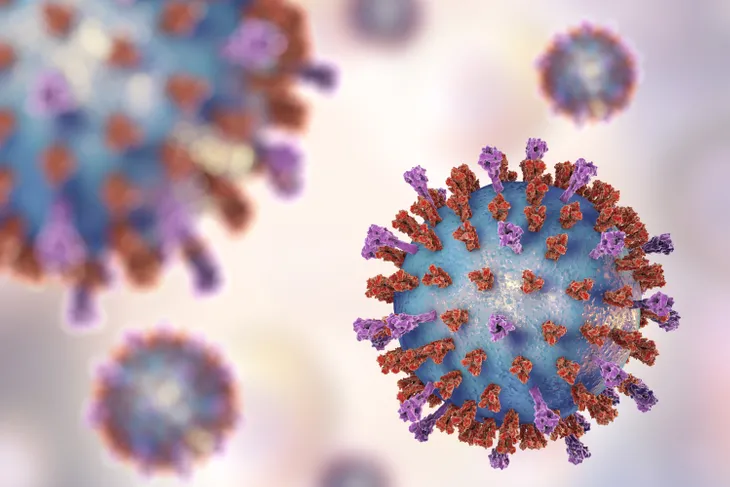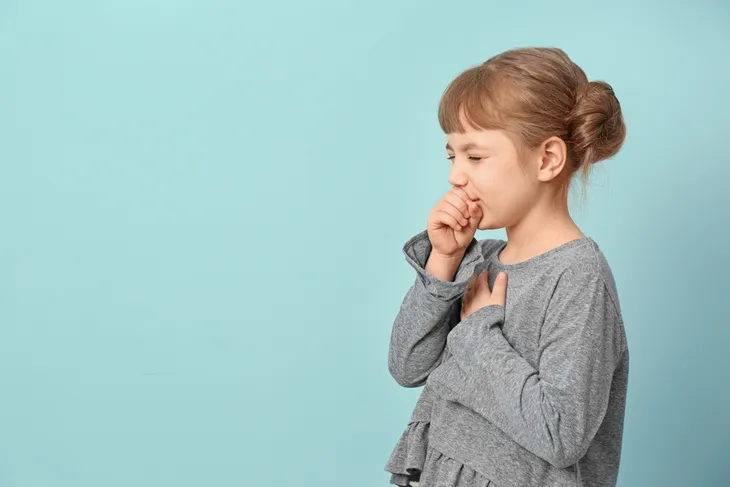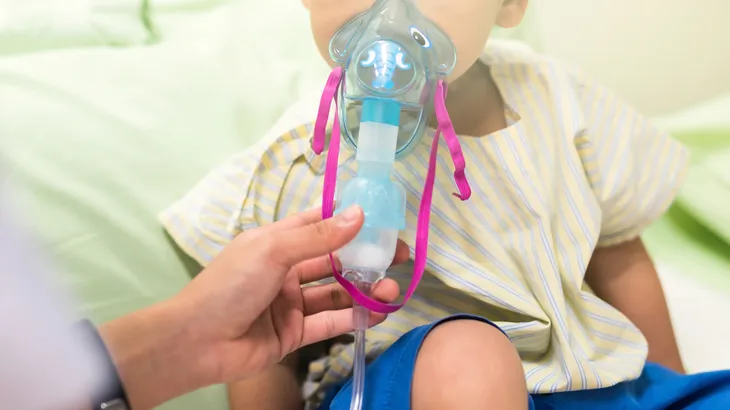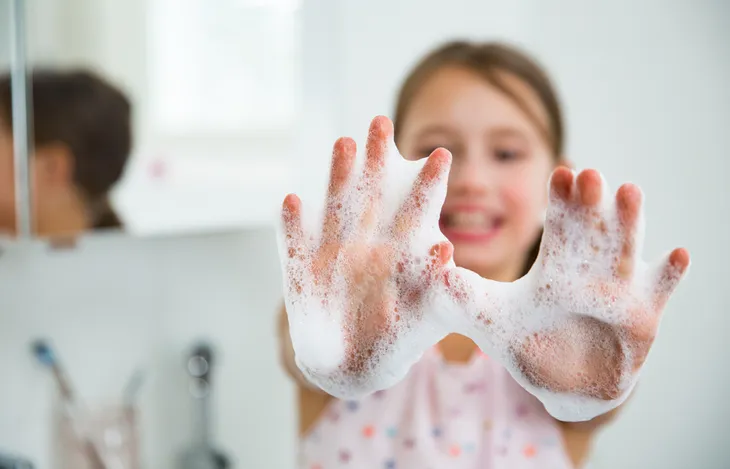What is RSV?
Respiratory syncytial virus (RSV) is one of many viruses that causes infection of the ear, nose, throat and lungs. It infects people of all ages and can be found worldwide.
Who is at risk of RSV?
RSV is an important cause of lung infections in children under two years of age, and is the leading reason for hospital stays in children under one year of age (infants) in developed countries. Premature infants, adults above 65 years of age and those with chronic heart and lung conditions are at higher risk for severe disease and hospitalization.
Why is RSV so prevalent this season?
Infections due to RSV occur throughout the year, with higher numbers of infections in the late fall to early spring in North America. The start and end of RSV season changes slightly each year, and infections peak in January and February. Typically, RSV infections occur in two-year cycles — a year of increased numbers and higher severity of illness alternating with a milder year.
Most children will have had one RSV infection by two years of age, and some may have had more than one infection. Unfortunately, having been infected by RSV does not provide long lasting immunity, although re-infections are usually milder. Although antibodies (proteins made by the immune system in response to infection) are made against RSV, they only last six to 12 months and require repeated exposure to keep high antibody levels.
This likely explains why RSV infections have an alternating severe-mild cycle: in a bad year, patients develop high levels of antibodies that help protect against infection or a bad infection in the subsequent year.
How does RSV spread?
RSV is spread through two ways:
- Contact with an object that has been sneezed on, coughed on, drooled on, touched or been in the mouth of a person who is sick with RSV. That person, who now has germs on their hands, becomes sick when he/she touches their nose or mouth.
- Breathing in the virus when the infected person coughs or sneezes, within one metre of others, without covering their nose or mouth.
What are the symptoms of RSV?
In general, approximately three to seven days after being infected, people will develop symptoms of a common cold including fever, runny or stuffy nose, sore throat, cough and decreased energy. Patients may complain of muscle aches and their appetite may decrease. Some may have difficulty breathing. The symptoms of infection due to RSV are identical to the symptoms of other respiratory viruses.
Some patients develop pneumonia (infection of the lungs). Infants may develop bronchiolitis — inflammation (swelling) of the very small tubes that deliver air (oxygen) to the lungs. Infants with bronchiolitis commonly have wheezing — a whistling sound when they breathe out. This whistling sound sometimes is only heard using a stethoscope, but sometimes can be heard even without one.
Bronchiolitis and pneumonia can lead to lower oxygen levels in the blood in some patients. It is important to remember that other respiratory viruses can also lead to pneumonia and bronchiolitis.
How is RSV treated?
Since RSV is a virus, use of antibiotics will not lead to shortening of the illness nor will it lead to shortening the period that sick people are infectious to others. There are no antivirals for treatment of RSV infections. Most patients can be managed at home:
- Antipyretics (medications to lower fever) if fever is present. Lowering the fever does not lead to shortening of the illness, but will also treat any muscle aches and the general feeling of being unwell.
- Saline sprays or drops help with nasal congestion, and can be used often without the risk of overdose.
- Commercially available nasal aspirators can be used to help infants and children breathe easier
- Encourage fluids to reduce the risk of dehydration — offer small amounts, but offer often. Fluids for infants should be breastmilk or formula. Older children can be offered a variety of fluids including oral rehydration fluids like Pedialyte, chicken broth, popsicles, ice cream and jello. Extended periods of only water should be avoided, as should relying on soda. A few days without solid food is not harmful.
When should I seek emergency care for my child for RSV?
Although most patients can be managed at home, there are several reasons to seek medical care. They include:
- Breathing too hard to sleep or feed properly even when fever is not present;
- For infants, feeding has been significantly reduced below normal;
- Being excessively sleepy or difficult to wake;
- Not urinating in 12 hours.
Patients with RSV infections will need to be hospitalized if they need:
- extra oxygen;
- intravenous fluids if they are dehydrated.
How do I protect myself and my family from RSV?
Although there are no vaccines against RSV, a scientifically prepared antibody, palivizumab, is recommended to reduce the risk of complications of RSV infection in premature infants and children with chronic lung or heart disease who meet certain criteria. Palivizumab is given as monthly injections during RSV season.
The same general measures that protect against COVID-19 and other respiratory viruses lead to reduced risk of getting infected with RSV:
- Wash your hands well and often;
- Stay two meters from others when in public places — patients with RSV may be infected and capable of infecting others before they have symptoms;
- Wear a mask when in enclosed public places.
Be a good neighbour and reduce the risk that others will get sick:
- Stay home from school or work if you are sick;
- Cough etiquette — cough into your elbow or a tissue. This reduces the chance that viruses are on your hands, which can then be passed onto others or objects that others may handle.
Athena McConnell, Associate Professor, Pediatric Infectious Diseases, University of Saskatchewan
![]()
This article is republished from The Conversation under a Creative Commons license. Read the original article.
